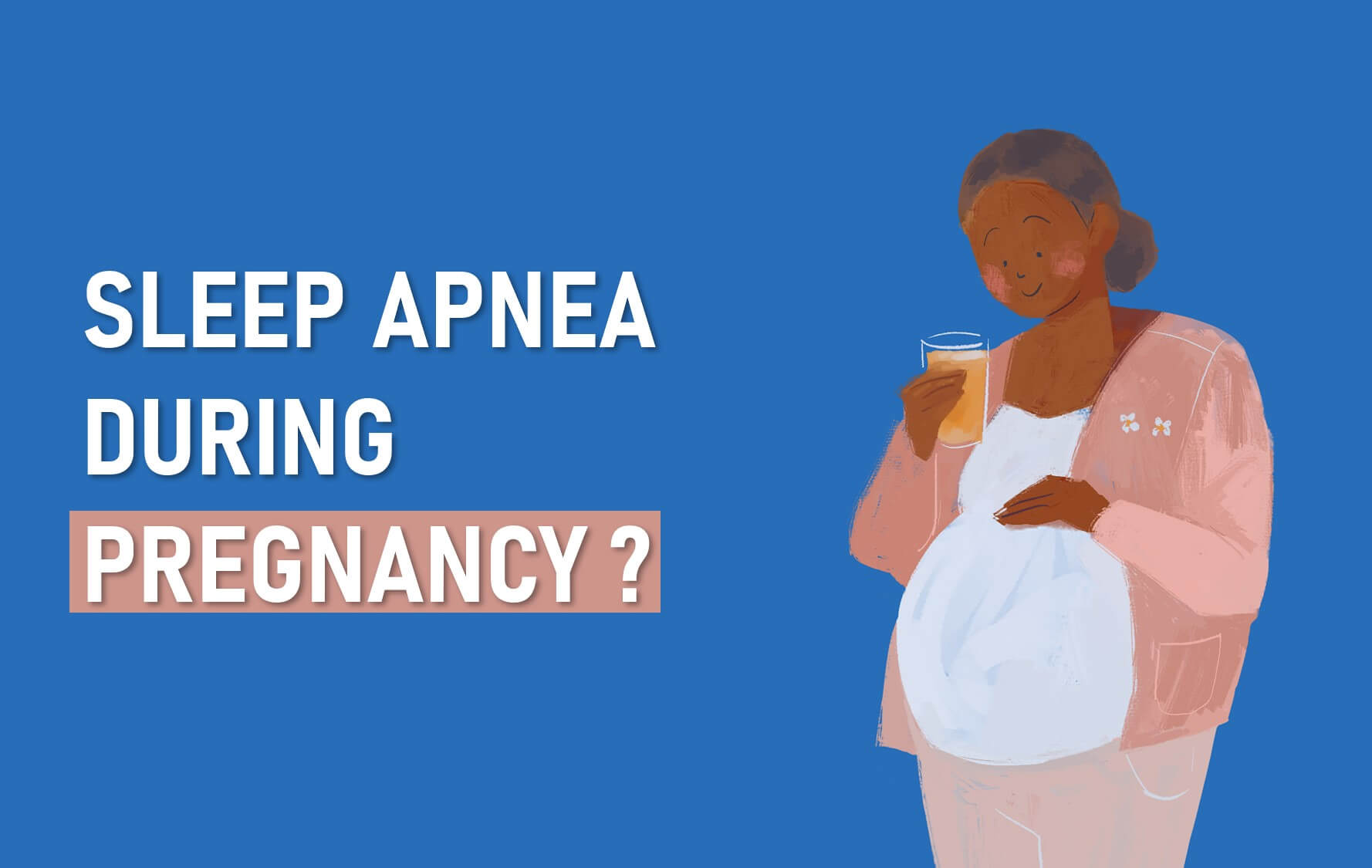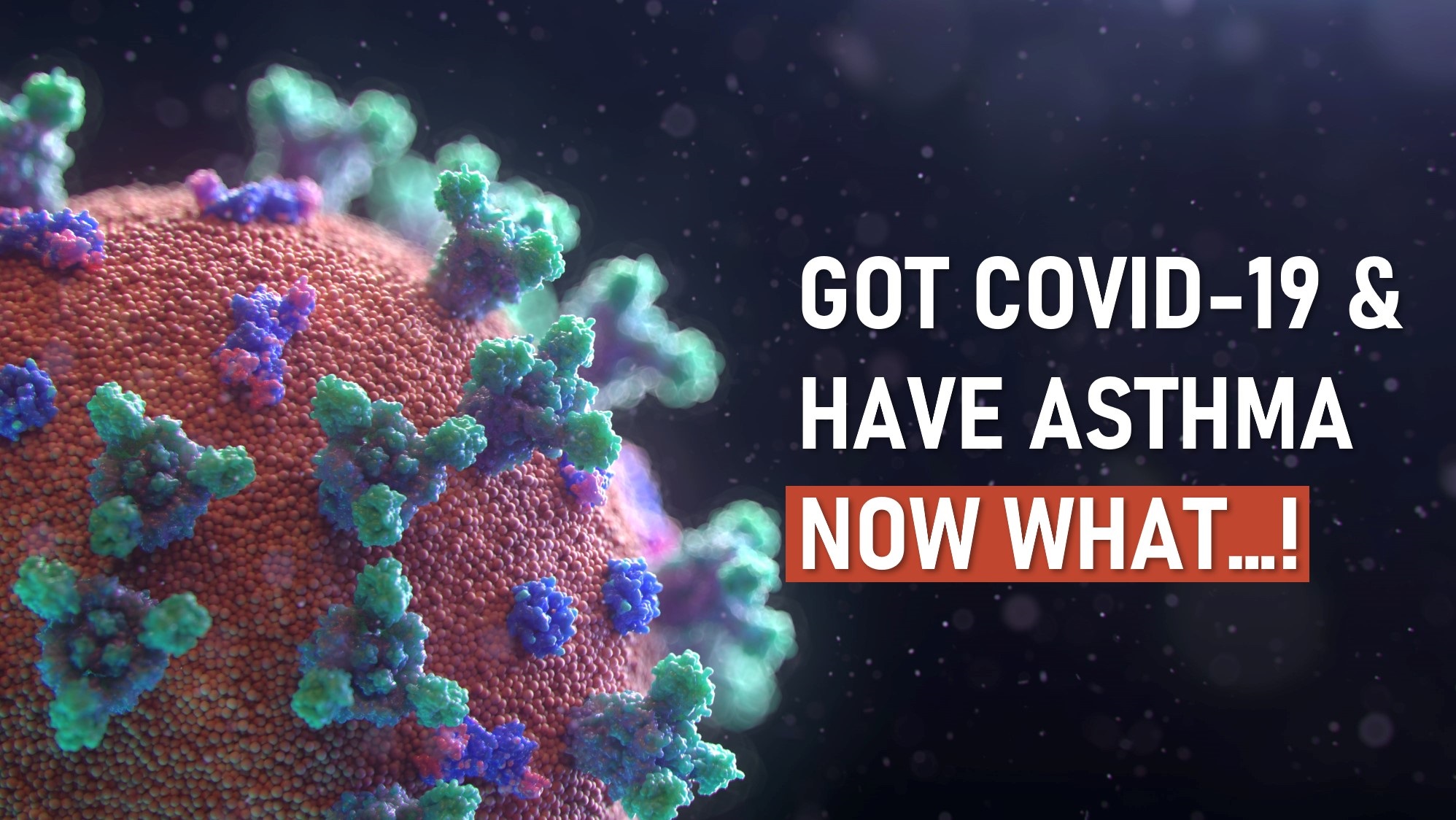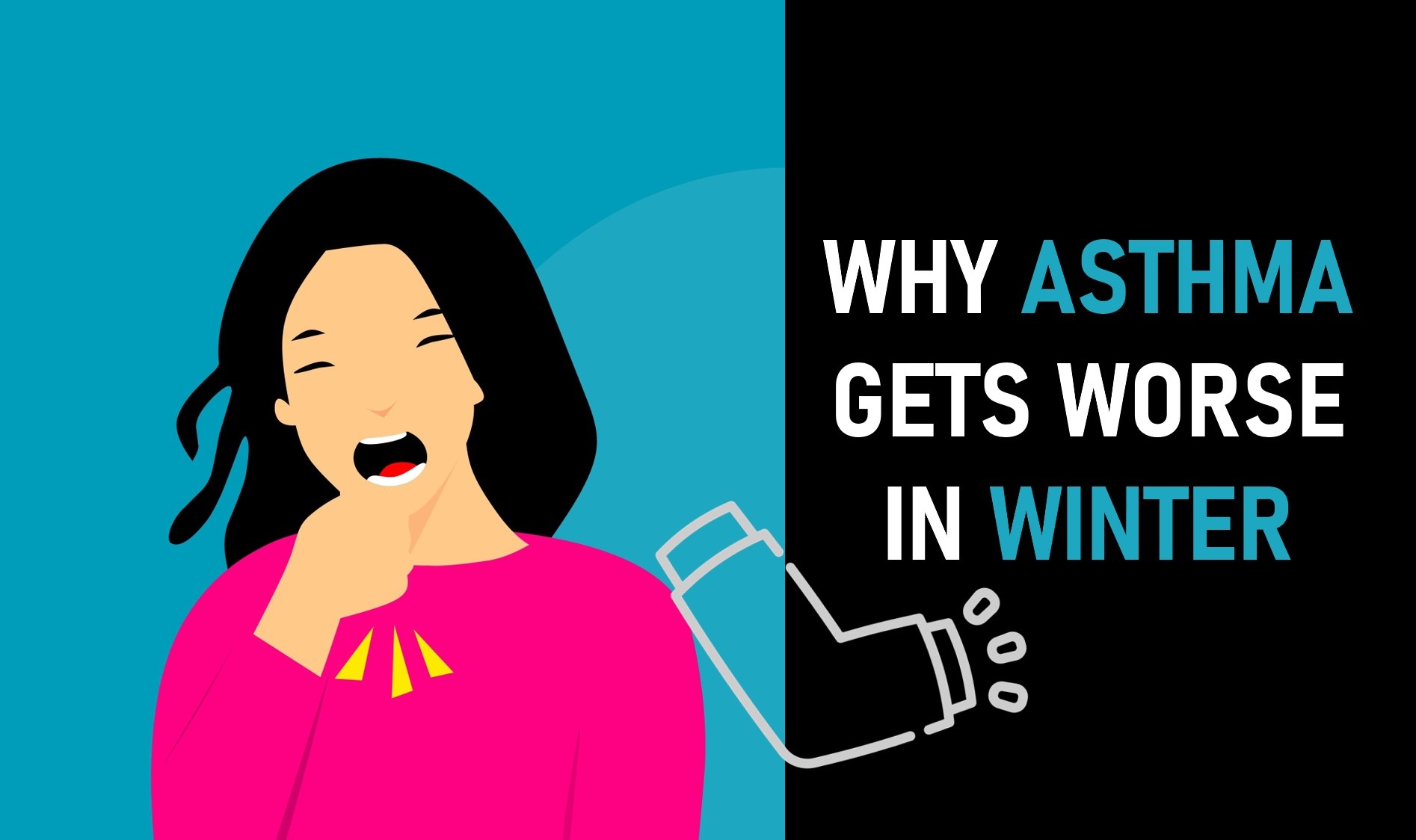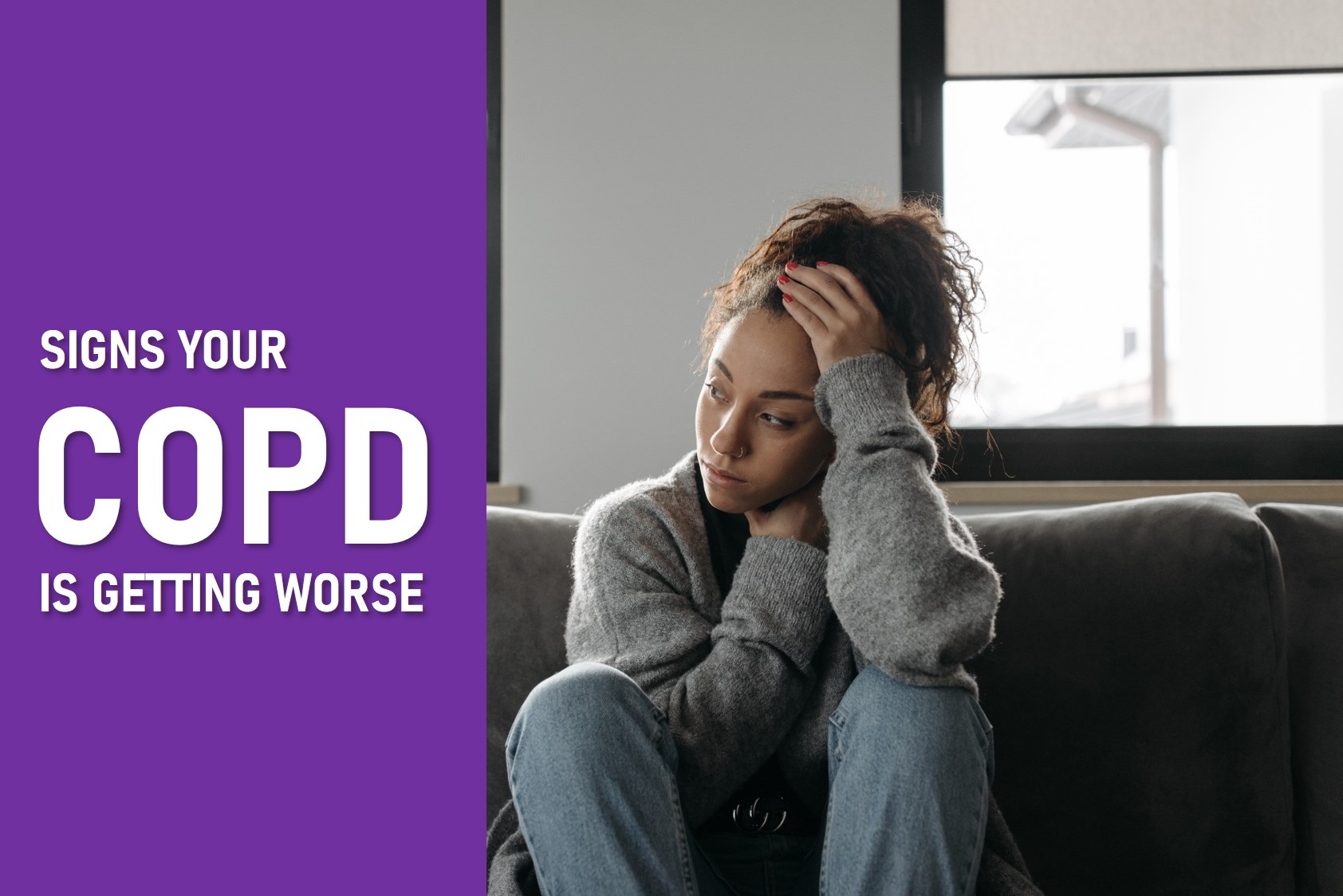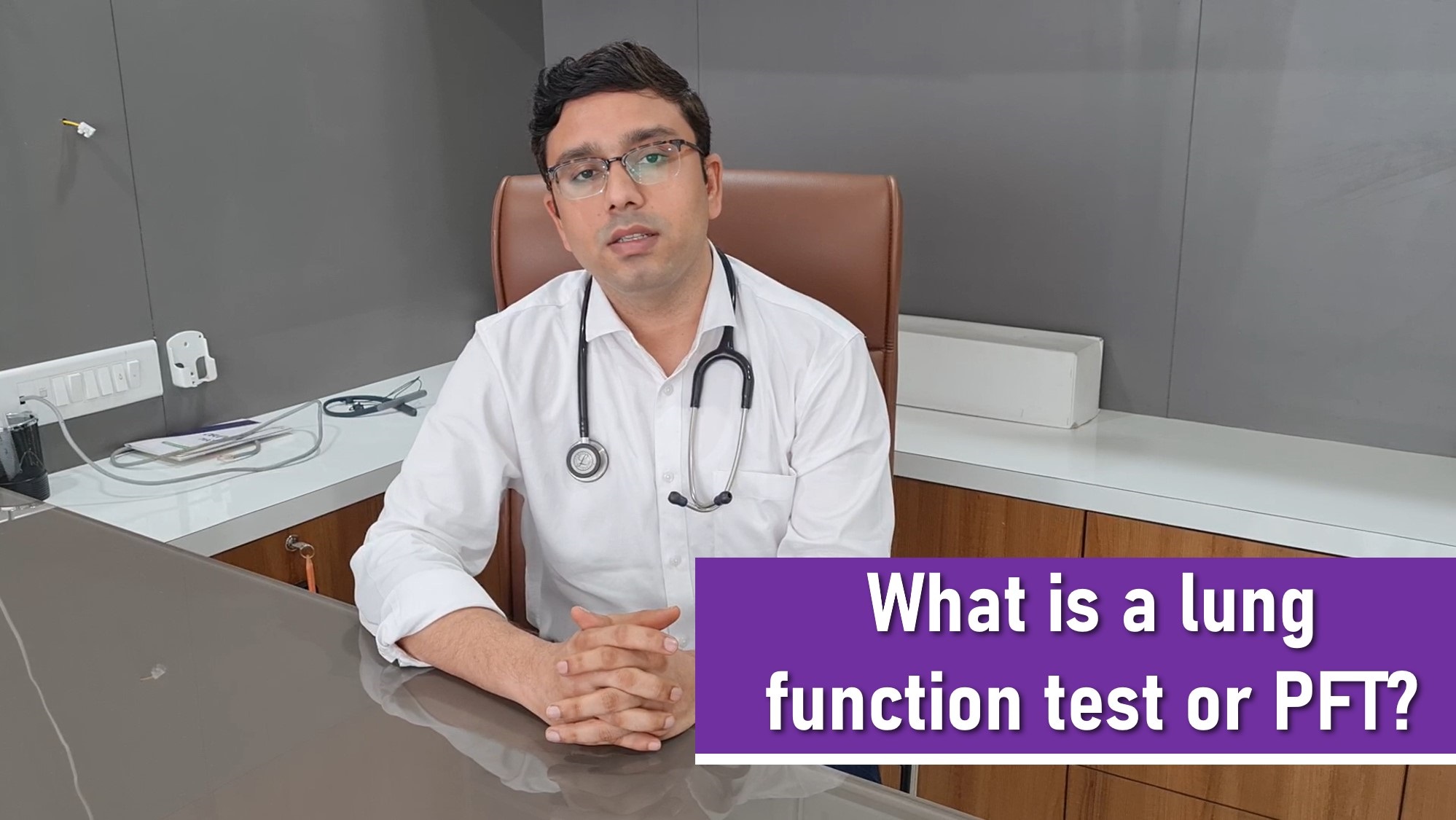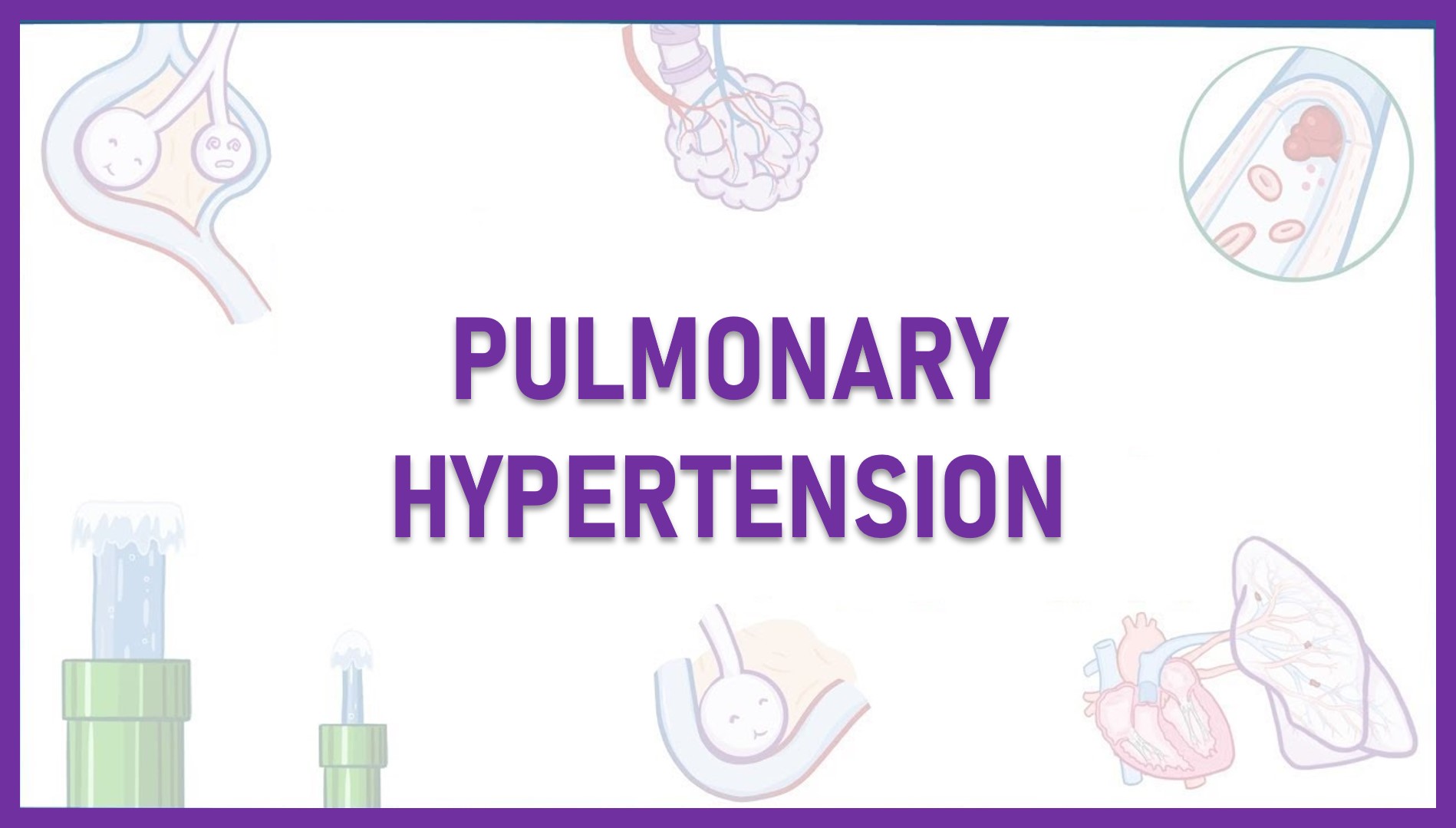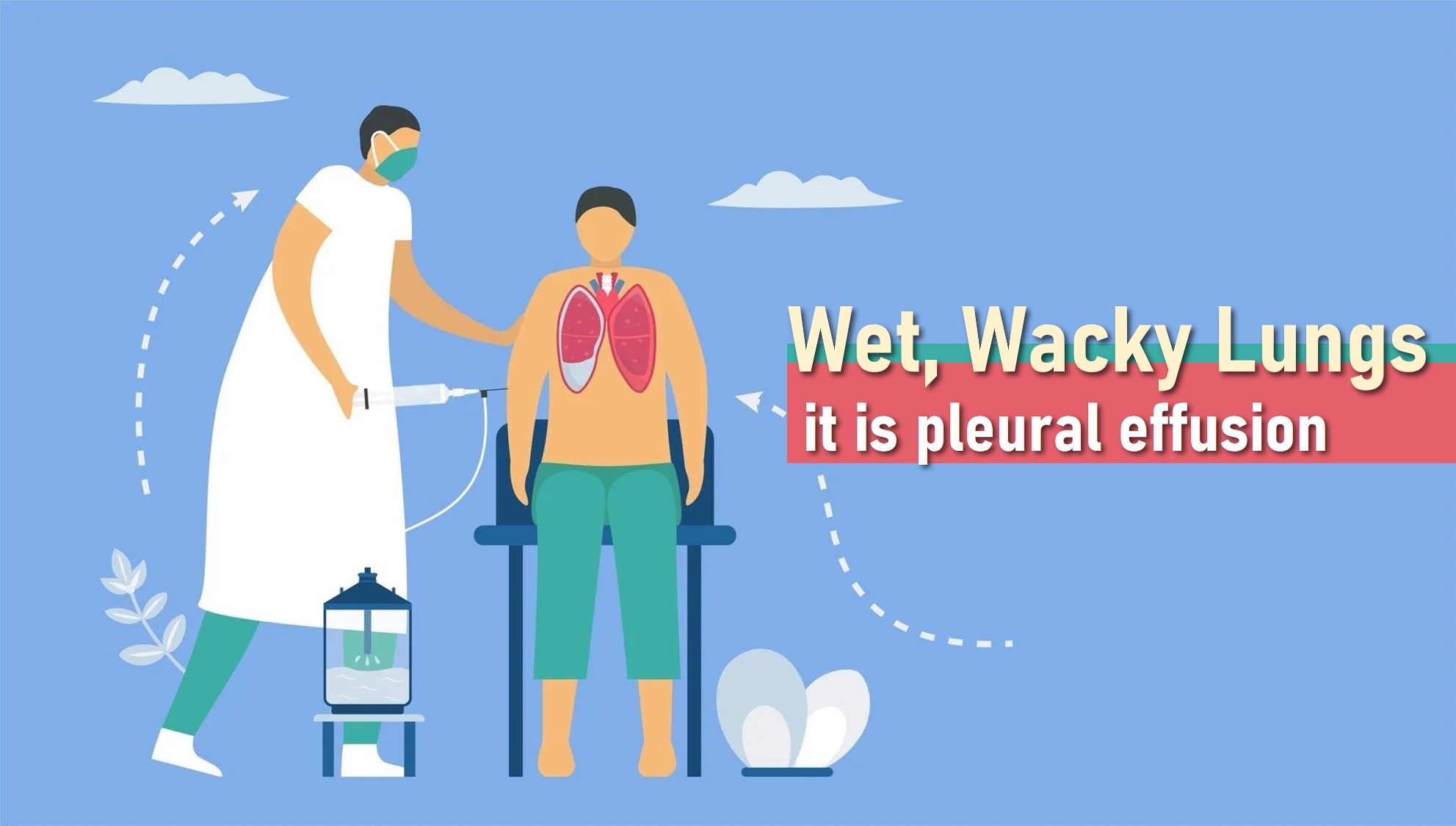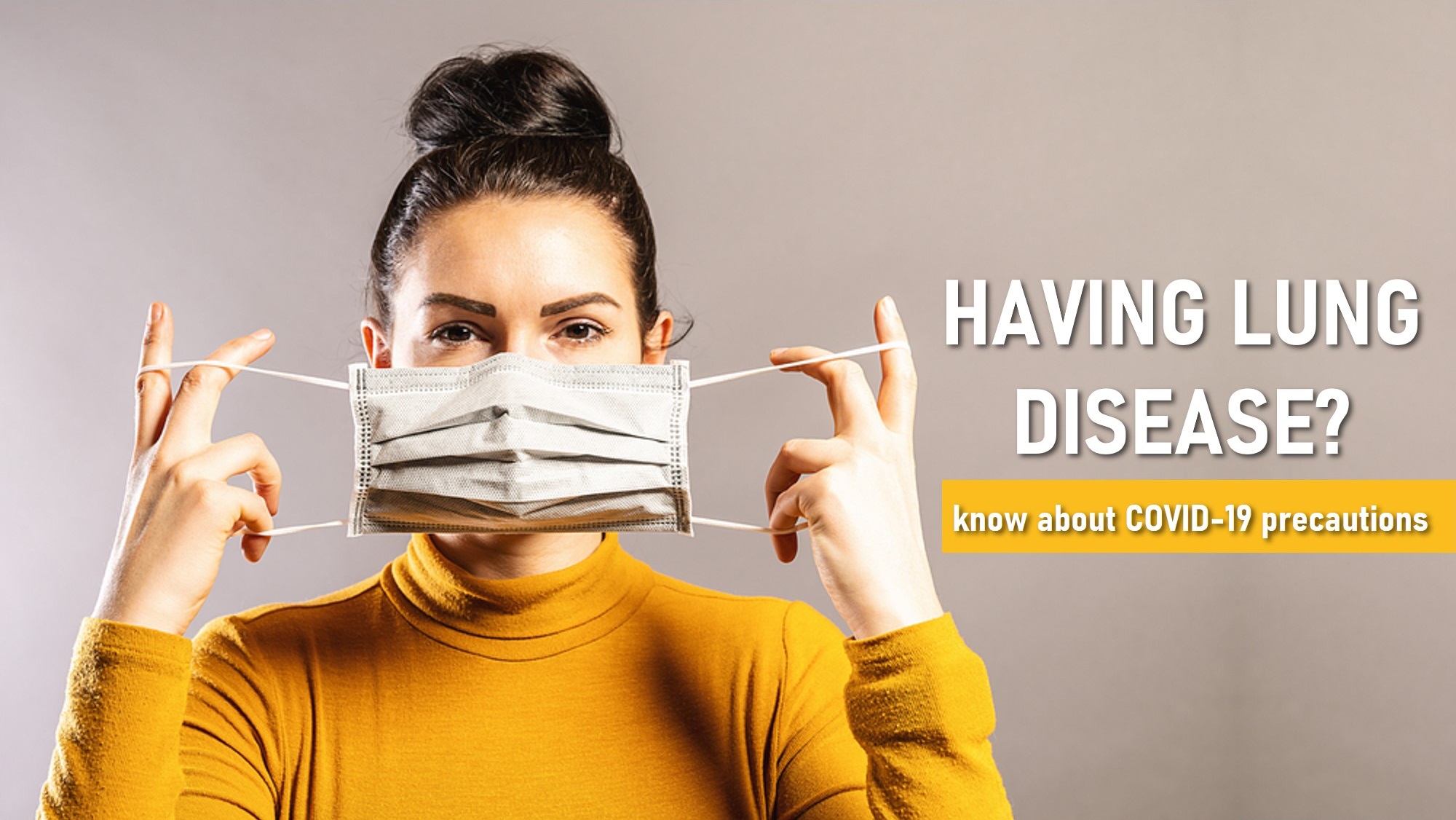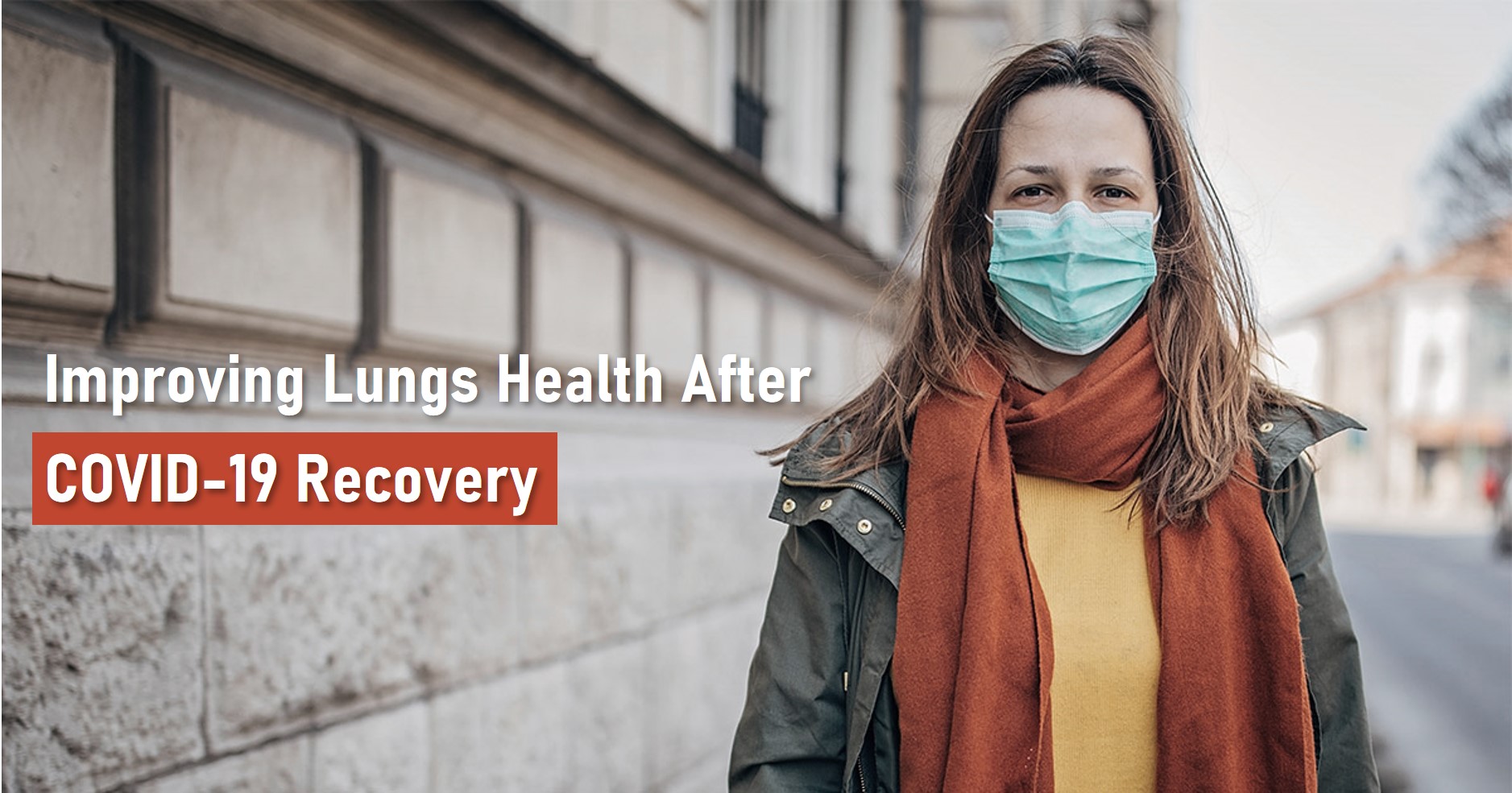- Swastik Clinic, Ahmedabad, GJ, IND
- Call: 8849867169 (For Appointment)
- Mon - Sat: 10 AM - 08 PM
- Sun: Only Emergencies
Posts by: Dr. Kalpesh Panchal
How do I know if I have sleep apnea during pregnancy?
Breathing during sleep may change during pregnancy: as a pregnancy unfolds, there may be a clear progression from soft to loud snoring, and even pauses or disruptions of breathing that characterize a condition called sleep apnea. Since sleep apnea deprives your body of oxygen, it can be serious for both you and your baby on…
I Got Covid-19 & Have Asthma – What Now?
Having asthma, unfortunately, is a risk factor for COVID-19. It doesn’t mean you’re going to get it, but it increases your odds. COVID-19 can cause symptoms, like breathlessness and coughing, similar to asthma. But a high temperature, tiredness, and changes in taste or smell do not usually happen with an asthma attack. These symptoms are…
In Covid-19 By Dr. Kalpesh Panchal
Why Asthma Gets Worse in Winter
For people with asthma, winter can be the most difficult time of the year. Cold, dry air and sudden shifts in the weather can irritate your airways, causing you to produce more mucus. Even exercising in the cold can bring on asthma triggers such as coughing and wheezing even faster. What’s the connection between cold…
Signs Your COPD Is Getting Worse
Changes in typical symptoms associated with the condition may be a sign of disease progression. When your usual Chronic obstructive pulmonary disease (COPD) symptoms suddenly worsen, you may think you’re just having a really bad breathing day, but it could be your COPD is getting worse. Your pulmonologist calls this a COPD exacerbation. Think of…
What is a lung function test or PFT?
Pulmonary function tests (PFTs) are a group of tests that measure how well your lungs work. PFTS are like ECG of the lungs. The test is noninvasive, which means that the doctor doesn’t cut you or put any tools inside your body. Your pulmonologist may order these tests: if you have symptoms of lung problems…
In Treatment By Dr. Kalpesh Panchal
Pulmonary Hypertension – High Blood Pressure in the Heart-to-Lung System
Pulmonary hypertension (PHT) is high blood pressure in the heart-to-lung system that affects the arteries in your lungs and the right side of your heart. It is one of the comorbidities involved in Interstitial Lung Disease (ILD). In some people, pulmonary hypertension slowly gets worse and can be life-threatening. Although there’s no cure for some…
Wet, Wacky Lungs: What is Pleural Effusion?
Pleural effusion – A build-up of fluid between the tissues that line the lungs and the chest. Certain medical conditions can cause a pleural effusion. So, your pulmonologist will target the treatments at whatever caused it. It’s a serious condition associated with an increased risk of death. What is pleura? The pleura is a thin…
In Treatment By Dr. Kalpesh Panchal
Having Lung Disease – Few Things to Know About COVID-19 Precautions
Given the evidence, p0atients with impaired or compromised lung conditions (COPD, asthma, idiopathic pulmonary fibrosis, and cystic fibrosis) are at particular risk for COVID-19 with worse outcomes. Here in this blog, we will discuss few precautions/steps to help you stay safe from the Covid-19 and to seek help quickly if you notice early signs and…
Improving Lungs Health After COVID-19 Recovery
For many patients recovering from the COVID-19 virus is only the half battle won. It has been observed that many patients still suffer from not so pleasing after-effects of the damages done by COVID-19 virus to the vital organs – lungs. According to the study, the most common complaints after three months are fatigue, shortness…
Simple Snore or Something More? Sleep Apnea May Be…
Often, snoring is dismissed as a natural part of aging. Aside from the strain it can put on your relationship with your partner, that “snore” could be a sign of a more serious health. If you gasp or gag or snort while snoring, you may have obstructive sleep apnea. But, how do you know for…
In Treatment By Dr. Kalpesh Panchal
Recent Posts
Archives
- April 2022
- January 2022
- December 2021
- November 2021
- August 2021
- July 2021
- June 2021
- May 2021
- April 2021
- March 2021
- February 2021
- January 2021
- December 2020
- November 2020
- October 2020
- September 2020
- August 2020
- July 2020
- June 2020
- May 2020
- April 2020
- March 2020
- February 2020
- January 2020
- December 2019
- November 2019
- October 2019
- September 2019
- August 2019
- July 2019
Categories
Recent Posts
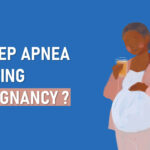

I Got Covid-19 & Have Asthma – What Now?
09th Jan 2022
Why Asthma Gets Worse in Winter
22th Dec 2021
Designed & Developed by Twitchtime.com

